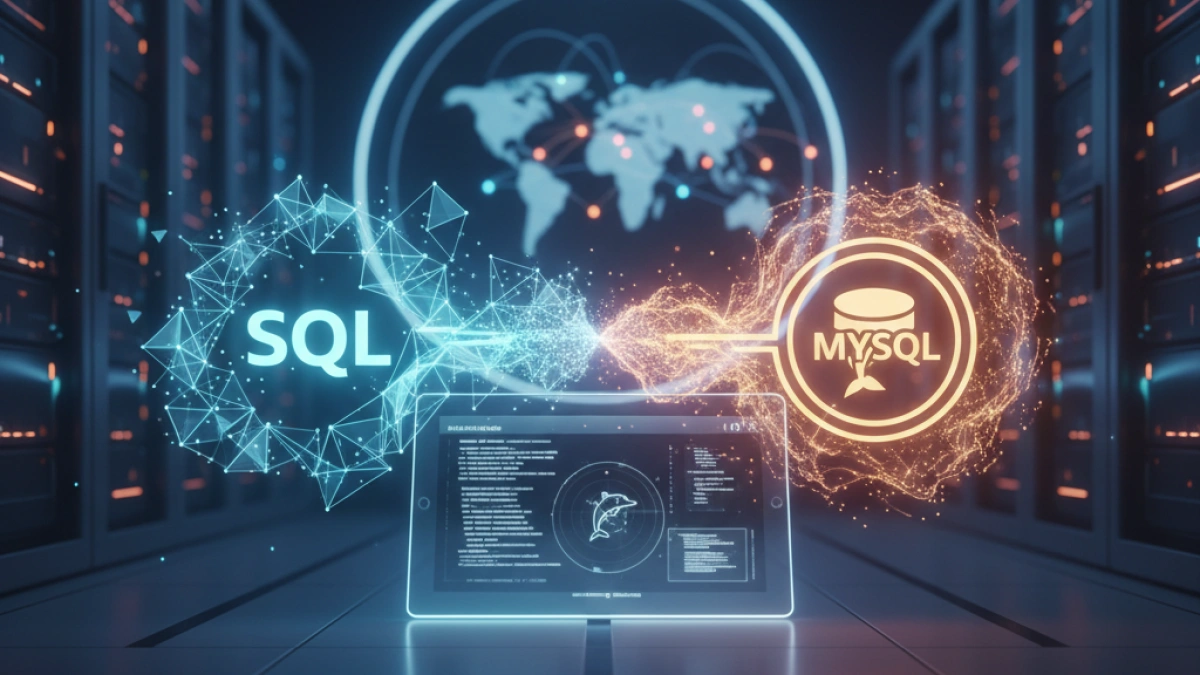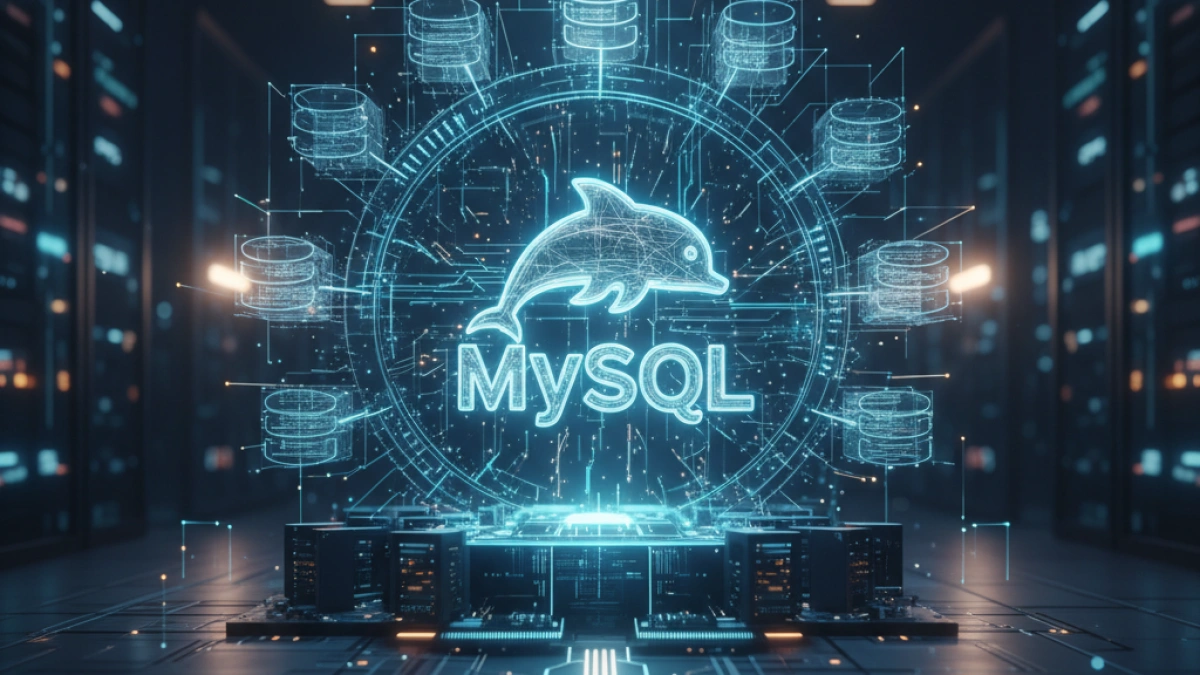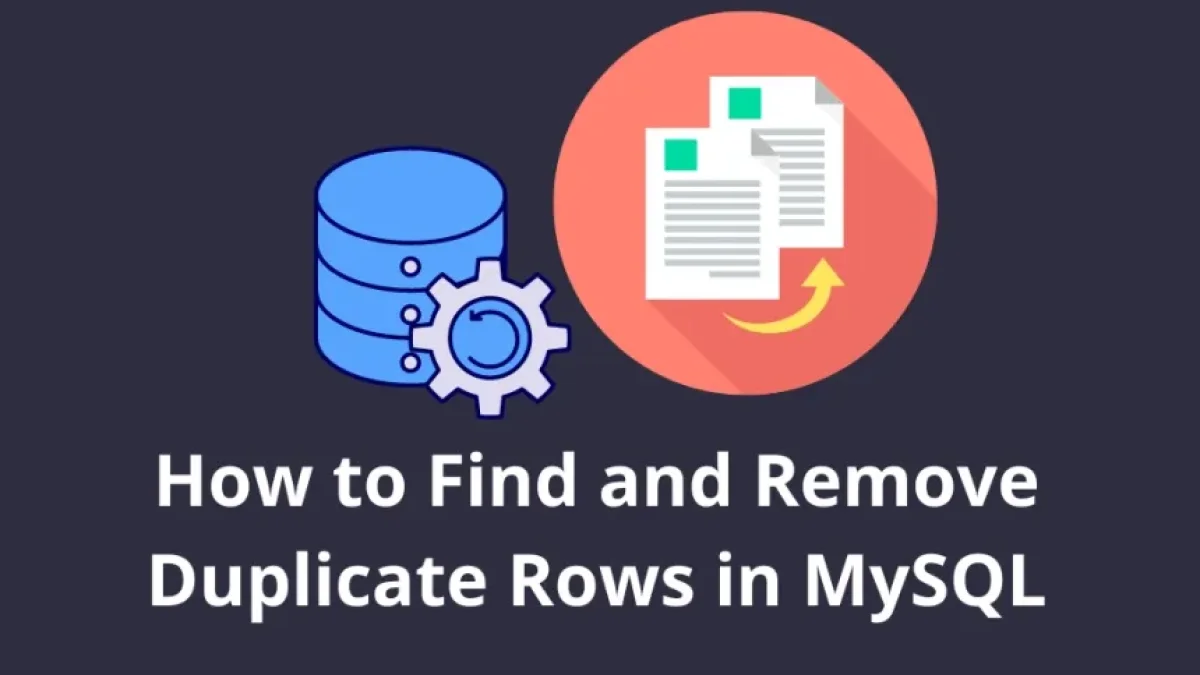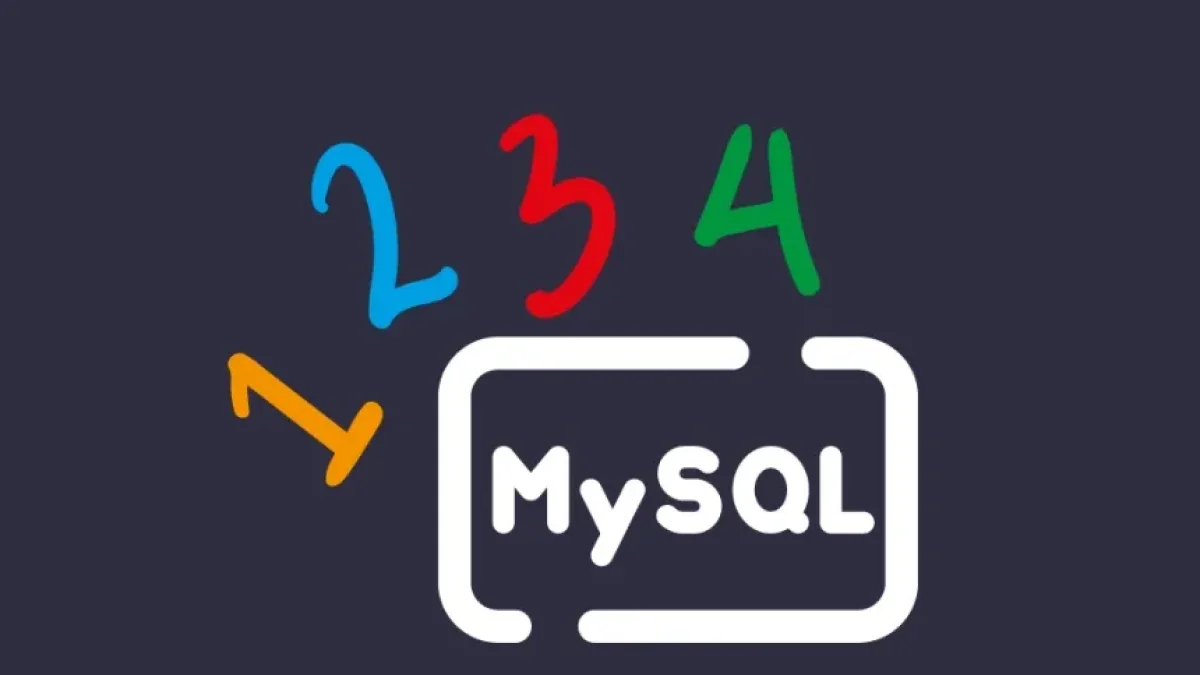What is the difference between SQL and MySQL? A beginner's guide


In the world of web development and database management, you often encounter terms like SQL and MySQL. Although they may seem similar, they have fundamental differences that are important to understand. In this guide, we’ll break down what SQL and MySQL are, their characteristics, and how they differ.
What is SQL?
Definition of SQL
SQL, which stands for Structured Query Language, is a standard programming language used to manage and manipulate relational databases. It was developed by IBM in the 1970s and has become the de facto standard for interacting with relational databases.
Features of SQL
- International Standard: SQL is an ANSI and ISO-approved standard.
- Data Manipulation: Allows operations such as selecting, inserting, updating, and deleting data.
- Data Definition: Enables defining database structures such as tables, indexes, and constraints.
- Transaction Control: Provides commands for managing transactions and ensuring data integrity.
What is MySQL?
Definition of MySQL
MySQL is an open-source relational database management system (RDBMS) that uses SQL as its query language. It was developed by MySQL AB, a Swedish company, and is now maintained by Oracle Corporation. MySQL is widely used in web applications and is known for its performance, reliability, and ease of use.
Features of MySQL
- Open Source: MySQL is free and open-source, allowing developers to modify and distribute the software.
- High Performance: Optimized for speed and performance in data handling.
- Cross-Platform Compatibility: Runs on various operating systems, including Windows, Linux, and macOS.
- Scalability: Can handle large volumes of data and high numbers of simultaneous connections.
Key Differences Between SQL and MySQL
Language vs. Management System
- SQL: It is a query language used to interact with databases. It is not a database management system by itself.
- MySQL: It is a database management system that uses SQL to perform operations on data.
Standard vs. Implementation
- SQL: It is a standard defined by ANSI/ISO, meaning that any RDBMS can implement SQL according to this standard.
- MySQL: It is a specific implementation of an RDBMS that uses SQL. Different database management systems may have variations in how they implement SQL.
Additional Features
- SQL: As a standard, it does not specify additional functionalities beyond basic data manipulation and definition operations.
- MySQL: Includes additional features such as replication, clustering, and various administrative and development tools.
Common Uses of SQL and MySQL
Uses of SQL
- Data Querying: Used to write queries that extract and manipulate data from databases.
- Structure Definition: Used to define the structure of databases and their relationships.
- Access Control: Provides commands to manage permissions and security in databases.
Uses of MySQL
- Web Applications: Popular in web development, especially with technologies like PHP and Apache.
- Content Management Systems: Used in platforms like WordPress, Joomla, and Drupal.
- Enterprise Applications: Employed in various enterprise applications to handle large volumes of data and users.
Advantages and Disadvantages
Advantages of SQL
- Standardized: Widely supported by various RDBMS.
- Powerful: Capable of performing complex data operations.
- Flexible: Suitable for various data manipulation needs.
Disadvantages of SQL
- Complexity: Can be complex to learn and master for beginners.
- Performance: Poorly written queries can affect performance.
Advantages of MySQL
- Performance: Optimized for high speed and performance.
- User-Friendly: Intuitive and well-documented.
- Community: Large community of users and developers providing support and resources.
Disadvantages of MySQL
- Limited Features: Compared to other RDBMS like PostgreSQL, it may have fewer advanced features.
- Licensing: While open-source, some advanced features are available only in commercial versions.
Conclusion
SQL and MySQL are essential components in the realm of databases, but they serve different roles. SQL is a standard language for interacting with relational databases, while MySQL is a database management system that implements SQL. Understanding the differences and how they complement each other can help you make informed decisions about their use in your projects.
We hope this guide has provided you with a clear understanding of the differences between SQL and MySQL and how each can be effectively used in database development and management.


















